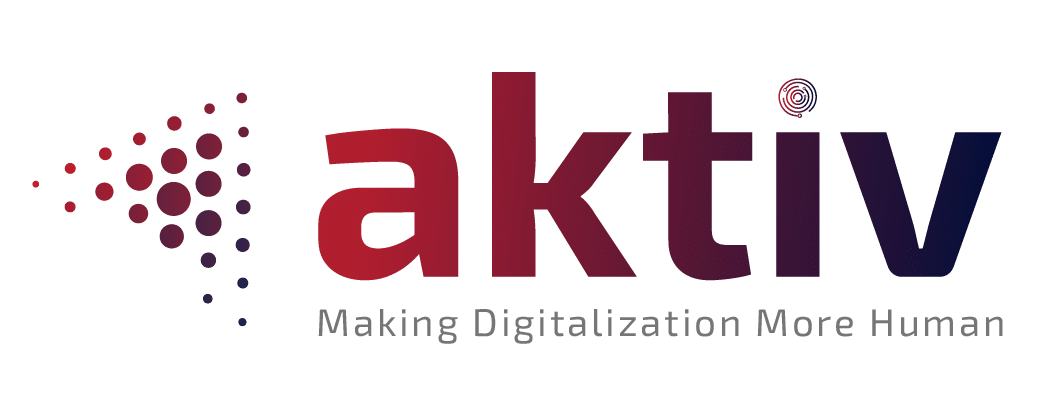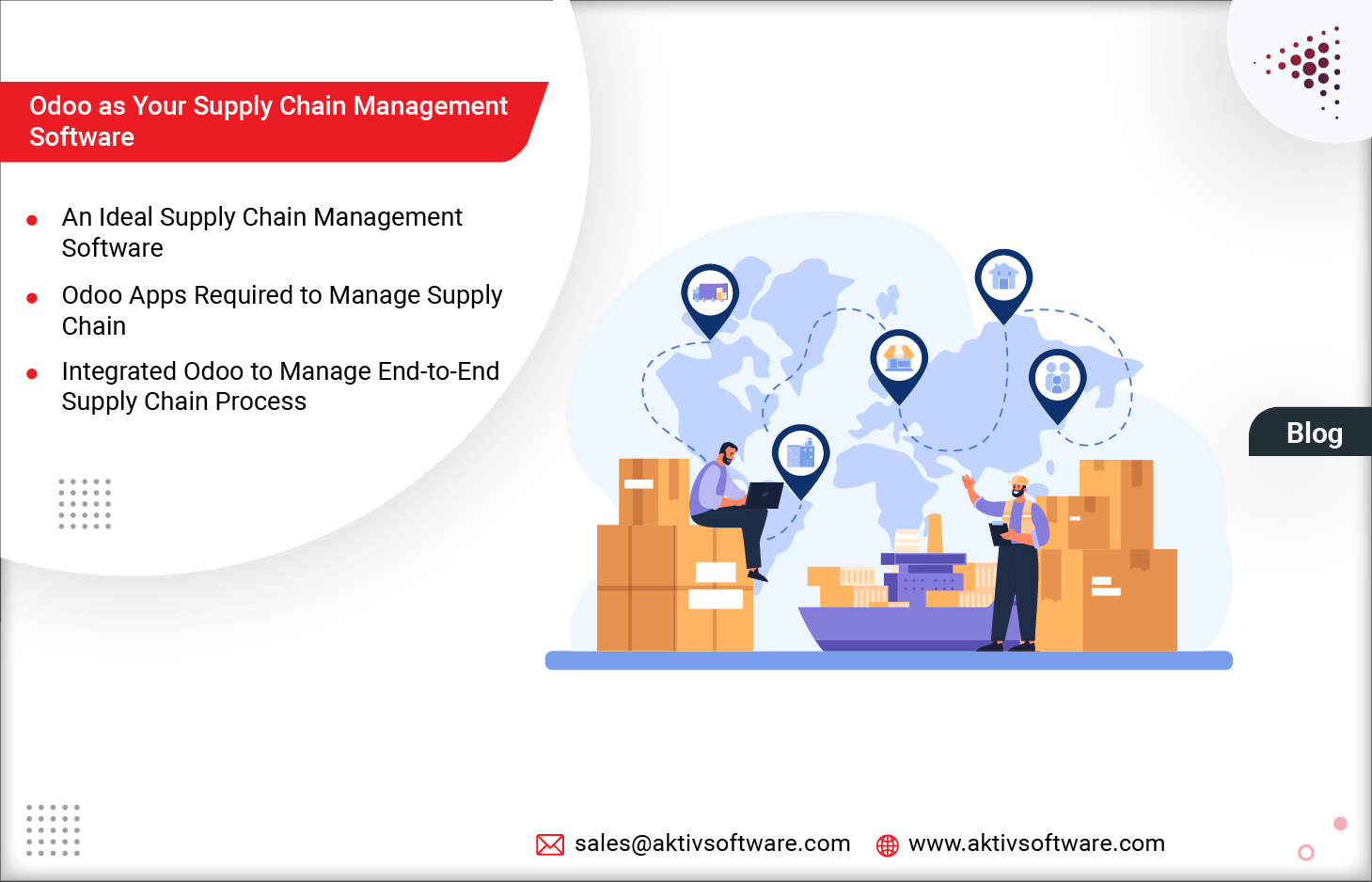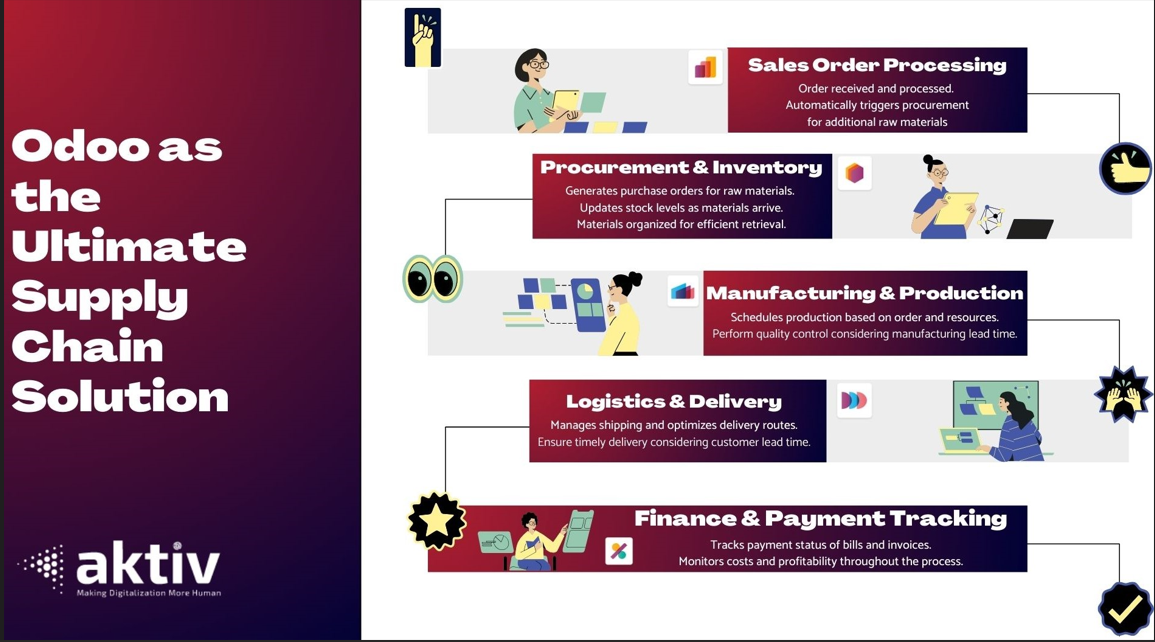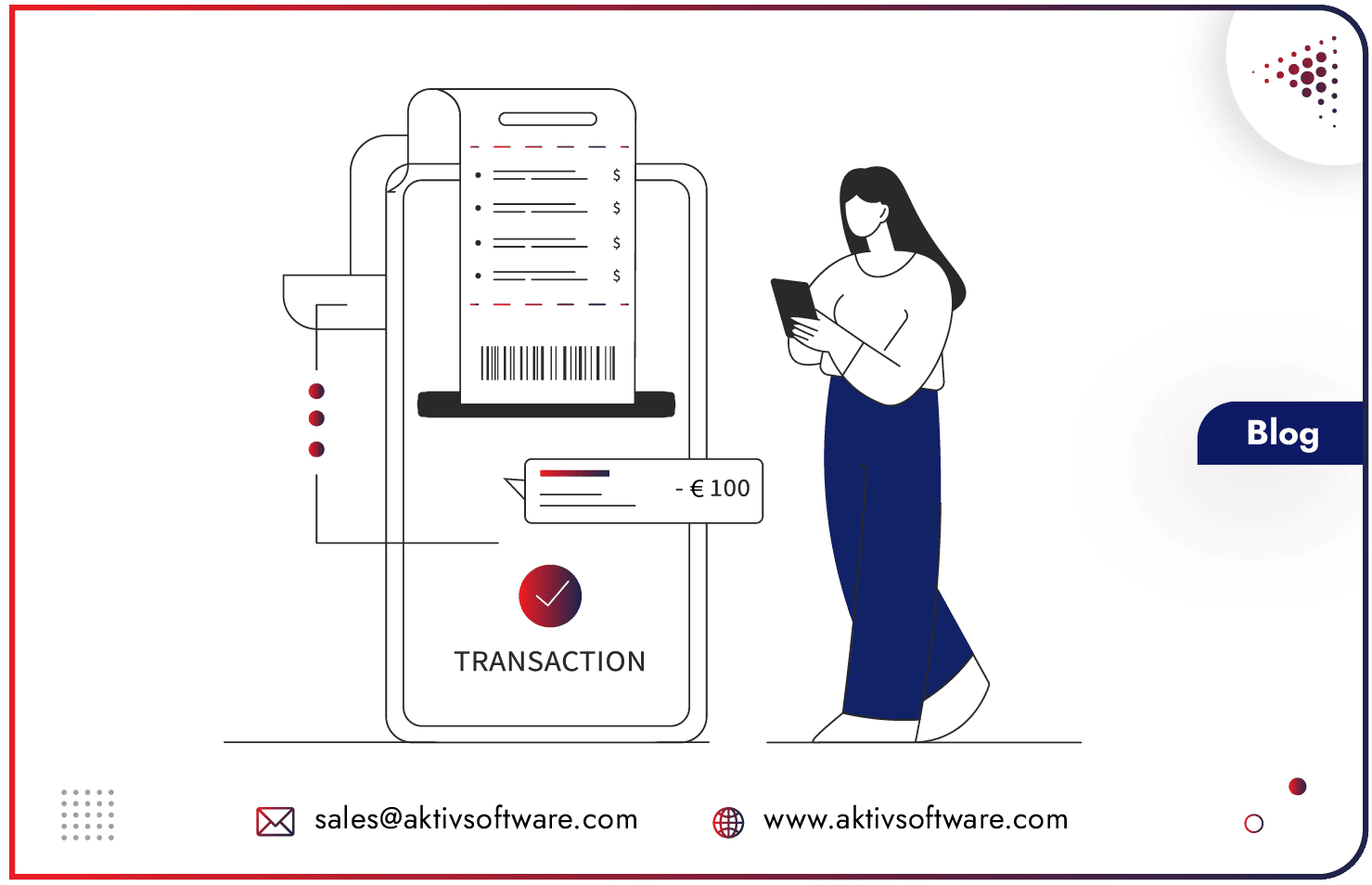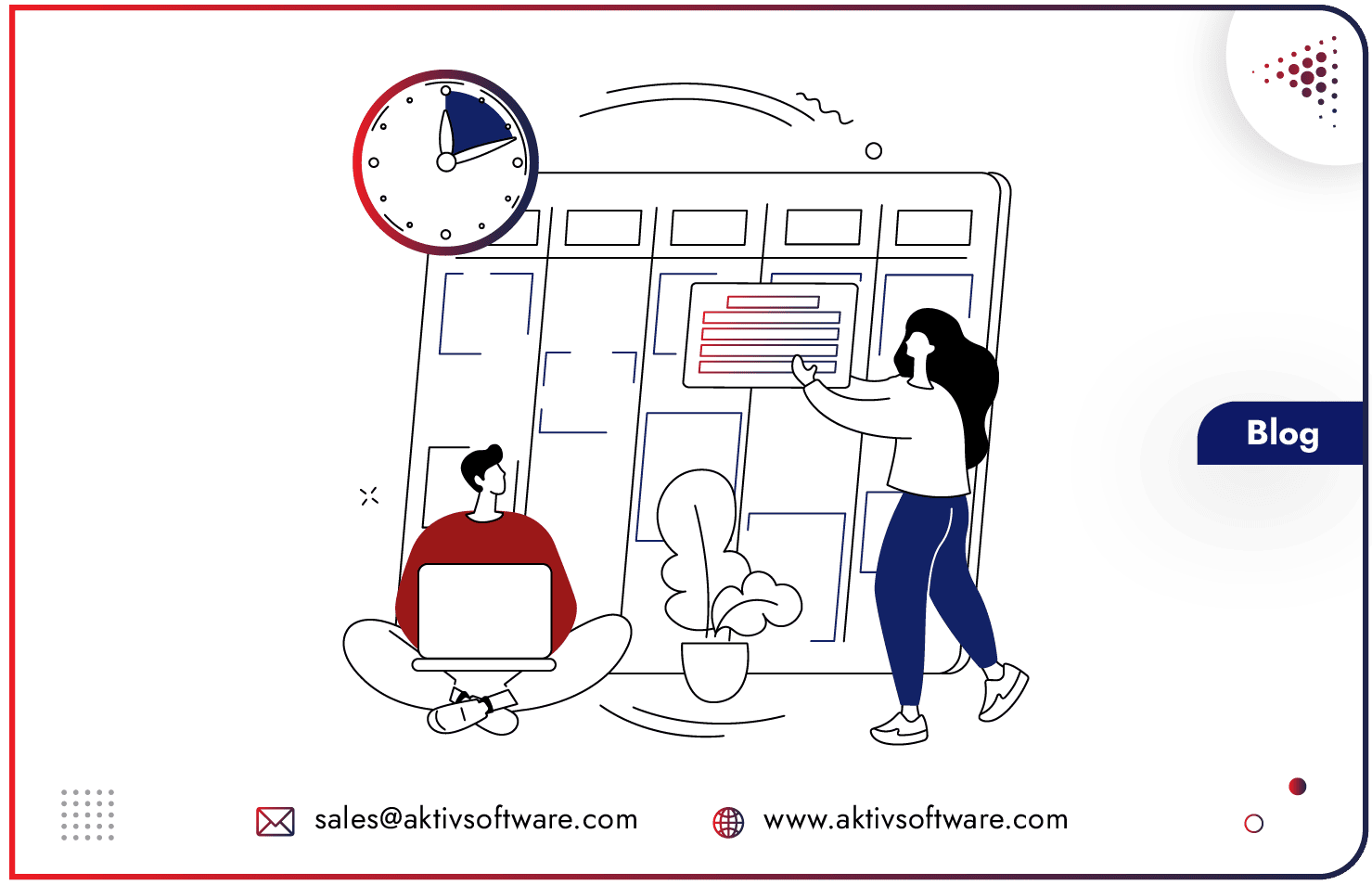Supply Chain Management is the backbone of any successful business. It involves the intricate coordination of various processes, from sourcing raw materials to delivering finished products.
Managing this complex network efficiently can be a daunting task. However, with the right tools, businesses can streamline their operations and achieve significant improvements.
This blog explores ideal Supply Chain Management Software for your business. But, before we explore the solution, let’s briefly understand the basic needs of a supply chain business:
- Procurement: Sourcing raw materials and components.
- Production: Transforming raw materials into finished products.
- Inventory Management: Storing and tracking products.
- Logistics and Distribution: Moving products from the warehouse to customers.
- Sales and Order Fulfillment: Processing customer orders and delivering products.
An Ideal Supply Chain Management Software
Supply Chain is a complex process that involves numerous interconnected activities, including procurement, manufacturing, inventory management, logistics, and distribution.
Traditionally, businesses have relied on multiple software systems to handle these tasks, leading to inefficiencies, data silos, and communication breakdowns.
In such cases, a single system that manages end-to-end supply chain processes can be the ideal tool for your supply chain business, here’s why:
Integrated Processes: A single Supply Chain System integrates all activities—procurement, manufacturing, inventory management, logistics, and distribution—into one platform.
This integration ensures that all departments and functions are working with the same data, reducing the risk of miscommunication and data silos that occur when using multiple systems.
Real-Time Data Visibility: With everything managed under one system, businesses have real-time access to data across all supply chain operations. This visibility allows for better decision-making, as stakeholders can see the impact of one process on another instantly.
For example, if there’s a delay in procurement, the system can automatically adjust inventory levels or manufacturing schedules accordingly.
Streamlined Communication: Since all departments use the same system, communication is streamlined.
There’s no need to transfer data between systems or manually input information into different platforms. This reduces errors and ensures that everyone is on the same page.
Cost Efficiency: Managing your Supply Chain Process on a single platform can reduce costs associated with maintaining and integrating multiple systems.
It eliminates the need for costly data migrations, reduces the complexity of IT infrastructure, and lowers the total cost of ownership.
Improved Collaboration: A unified system fosters collaboration between departments.
For instance, the procurement team can easily coordinate with inventory managers to ensure that stock levels meet demand, while logistics can synchronize with distribution to ensure timely deliveries.
Enhanced Scalability: As your business grows, a single system can scale with you.
Whether you’re adding new suppliers, increasing production capacity, or expanding into new markets, a unified platform can easily adapt to new requirements without the need for additional software.
Compliance and Reporting: A single system simplifies compliance with industry regulations and standards.
It also makes reporting more straightforward, as all data is housed in one place, enabling accurate and comprehensive reports that span the entire supply chain.
Odoo Supply Chain Management App
Odoo is an exceptional choice for Supply Chain Management Software due to its integrated and modular framework. This means you can access all the necessary tools on a single platform, eliminating the need for multiple software systems and their associated complexities.
Odoo Apps for Supply Chain Process:
- Purchase Management: Efficiently manage procurement processes, create purchase orders, track vendor performance, and optimize costs.
- Inventory Management: Maintain accurate stock levels, track product movements, and implement effective inventory control strategies.
- Manufacturing: Plan and execute production processes, manage bill of materials, and optimize resource utilization.
- Warehouse Management: Optimize warehouse operations, track product locations, and streamline picking and packing processes.
- Sales Management: Manage customer orders, create sales orders, and ensure timely delivery.
- Accounting and Finance: Integrate financial data with supply chain operations for better decision-making.
Example in Action: The Power of Integration in Odoo
Let’s consider a specific example to illustrate how integrated Odoo apps simplify the supply chain process.
Imagine a company, “ABC Manufacturing,” that produces custom furniture. ABC Manufacturing receives a large order from a new customer for custom dining tables.
- The Sales app processes the order and triggers the procurement of additional raw materials using the Procurement app.
- As materials arrive, the Inventory app updates stock levels and organizes storage for efficient retrieval.
- Manufacturing app then schedules production, ensuring that the tables are built on time while adhering to quality standards.
- Once production is complete, the Logistics app manages the shipping process, optimizing delivery routes to ensure the tables reach the customer quickly.
- Throughout this process, the Finance apps track costs and payments, providing the company with a clear picture of profitability.
At every stage, Odoo’s integrated platform ensures that all teams have access to the same data, enabling seamless collaboration and decision-making.

